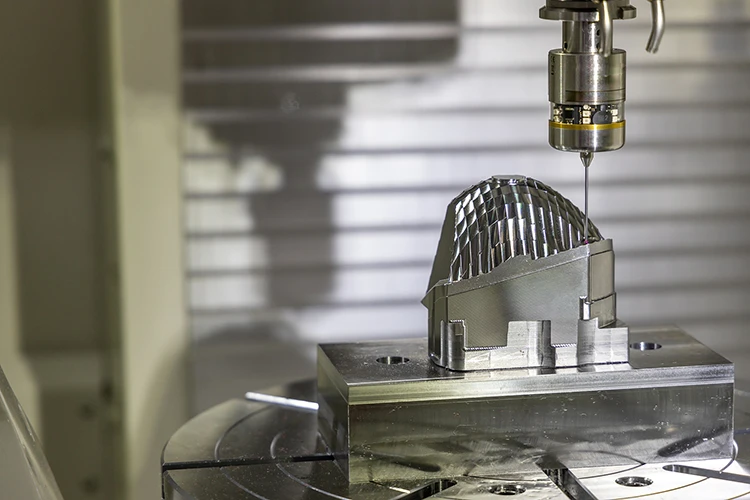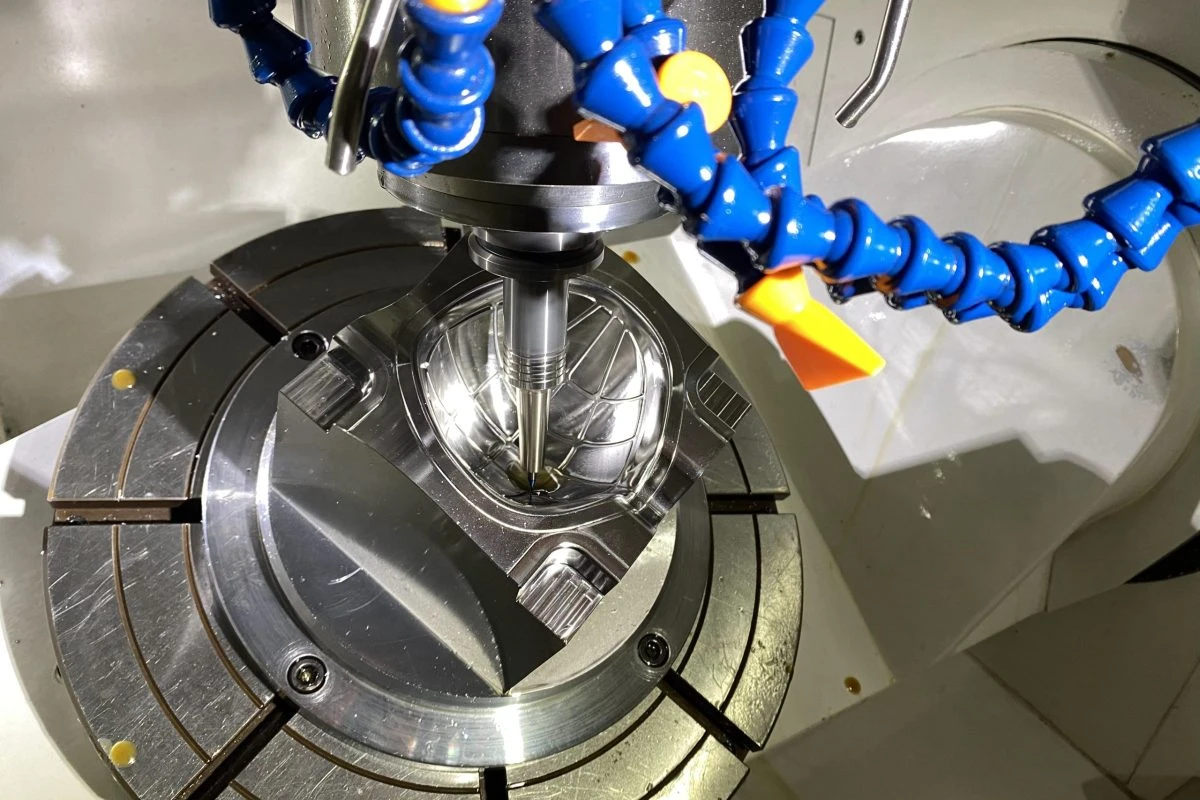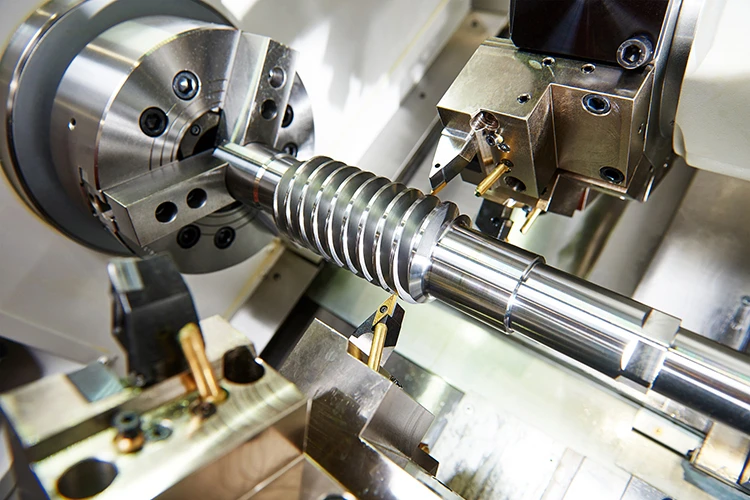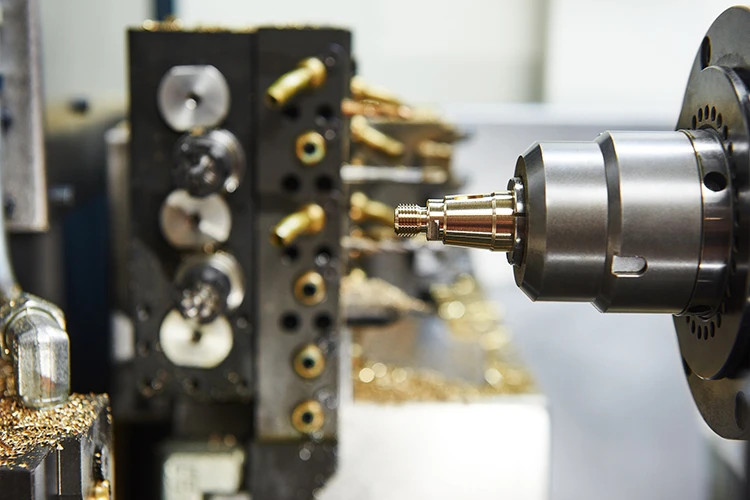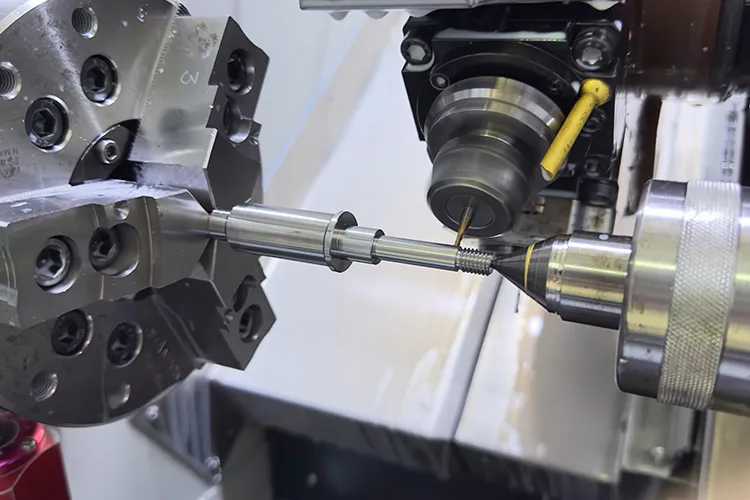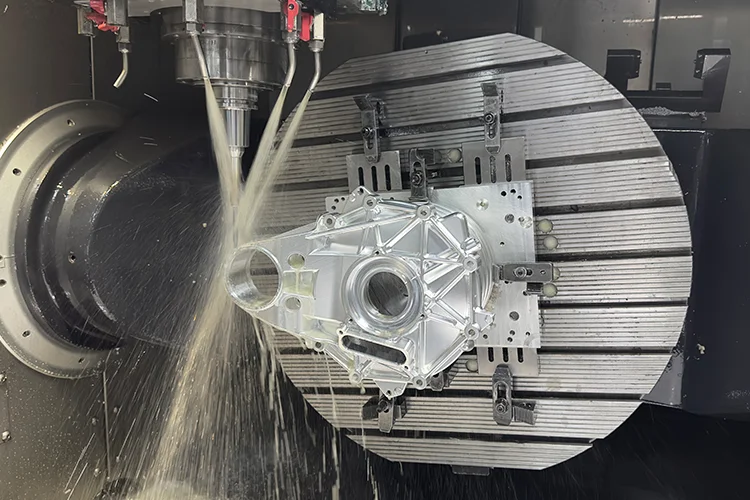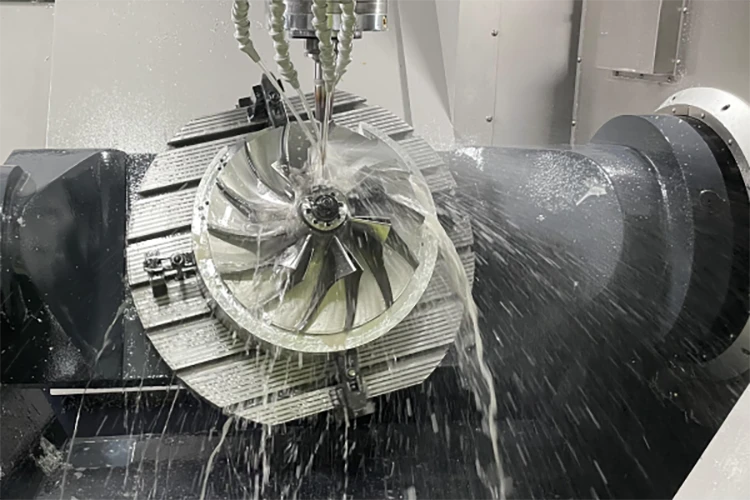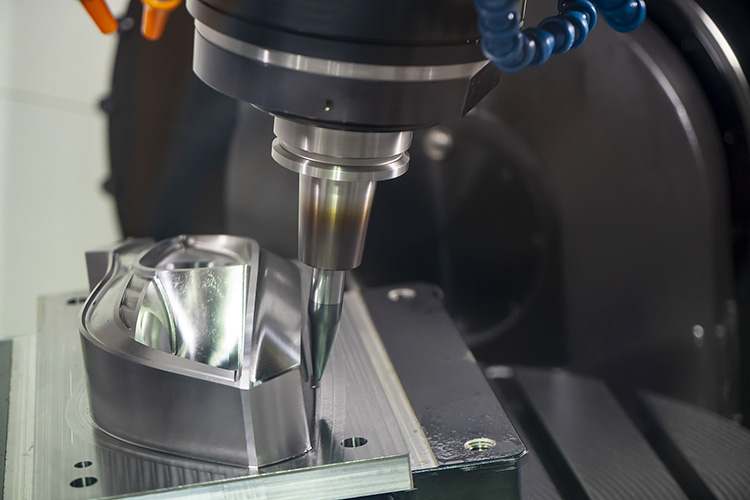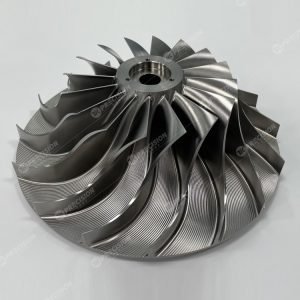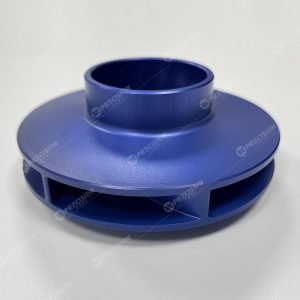A centrifugal compressor wheel is an essential component of many industrial systems. It is used to compress gas and air, allowing for increased pressure in a system. This increased pressure is necessary for a variety of manufacturing processes – from metal fabrication and automotive repair to aerospace engineering and pharmaceutical production. The design, construction and operation of aluminum centrifugal compressor wheels must comply with precise industry standards in order to ensure optimal performance. In this blog article, we’ll discuss the different types of aluminum compressor wheels, their uses, and the key considerations when selecting the right compressor wheel for your application.
What is an Aluminum Centrifugal Compressor Wheel?
An aluminum centrifugal compressor wheel is a type of compressor wheel that uses centrifugal force to compress air. The compressed air is then used to power a variety of devices, such as refrigerators and air conditioners. Aluminum centrifugal compressor wheels are more efficient than traditional compressor wheels, and they can operate at higher speeds without overheating.
The Advantages of Aluminum Centrifugal Compressor Wheels
Aluminum is a material that has many advantages when it comes to centrifugal compressor wheels. For one, aluminum is much lighter than other materials such as steel, making it easier for the compressor to spin. This also means that the compressor can reach higher speeds without overworking the motor. Additionally, aluminum is a good conductor of heat, meaning that it can dissipate heat quickly and prevent the compressor from overheating. Finally, aluminum is a durable material that can withstand high temperatures and pressures, making it ideal for use in compressors.
The Disadvantages of Aluminum Centrifugal Compressor Wheels
While aluminum centrifugal compressor wheels have many advantages, there are a few disadvantages to consider as well. One potential disadvantage is that aluminum is a softer metal than some other metals used for compressor wheels. This means that it may not be able to withstand the same amount of wear and tear as a harder metal. Additionally, aluminum is more susceptible to corrosion than some other metals, so it may not have as long of a lifespan in certain environments.
How to Choose the Right Aluminum Centrifugal Compressor Wheel for Your Application
The right aluminum centrifugal compressor wheel for your application is determined by a number of factors, including the type of gas being compressed, the desired flow rate, and the maximum pressure that can be achieved. In order to select the best wheel for your application, it is important to understand how these factors interact.
Type of Gas: The type of gas being compressed will affect the choice of aluminum centrifugal compressor wheel. For example, air compressors typically use cast aluminum wheels, while those designed for use with hydrogen or natural gas may use forged aluminum wheels.
Flow Rate: The desired flow rate must also be considered when choosing an aluminum centrifugal compressor wheel. Higher flow rates require larger wheels, while lower flow rates can be accommodated by smaller wheels.
Maximum Pressure: The maximum pressure that can be achieved is another important factor to consider when selecting an aluminum centrifugal compressor wheel. Compressor wheels are rated according to their ability to withstand a certain amount of pressure, so it is important to choose a wheel that is rated for the maximum pressure that will be encountered in your application.

